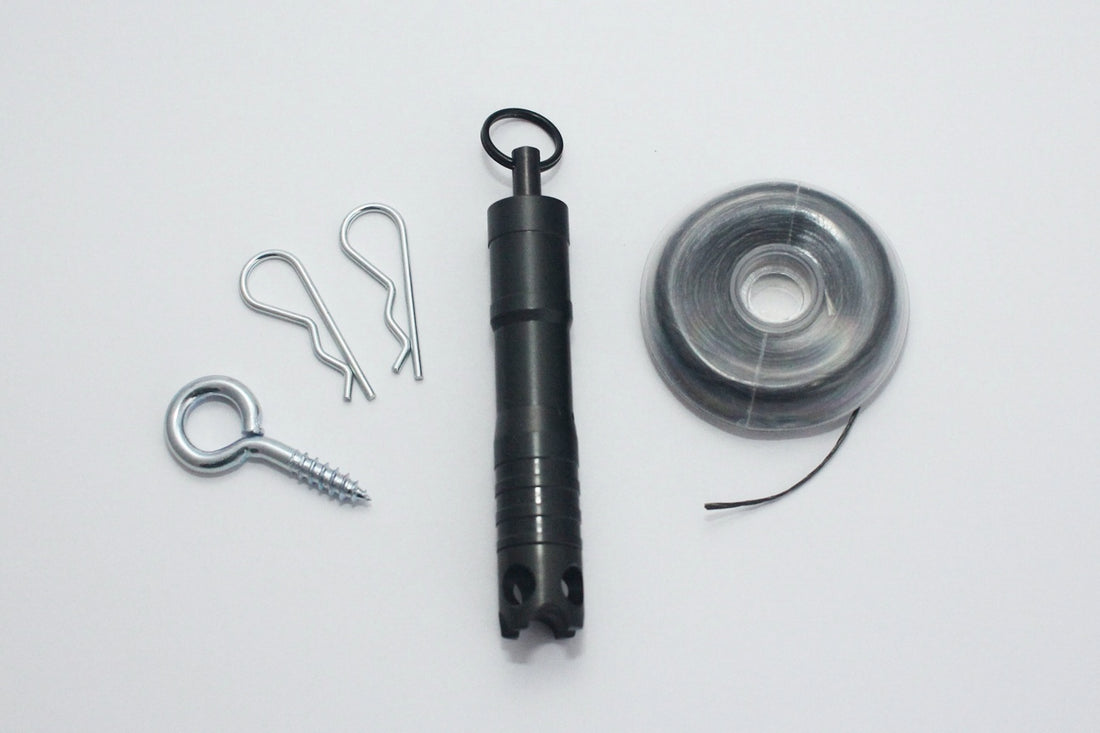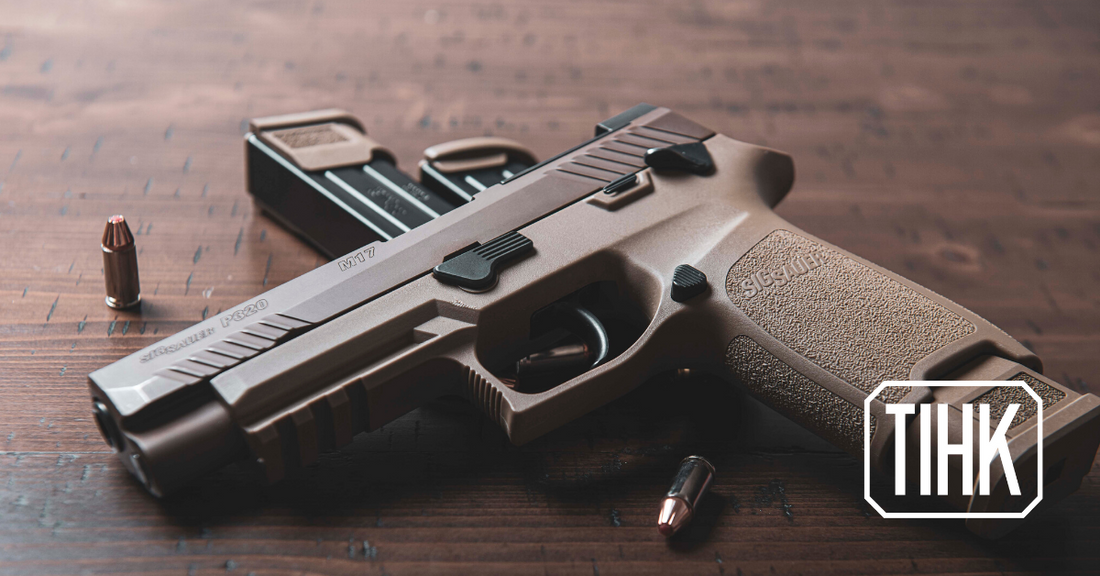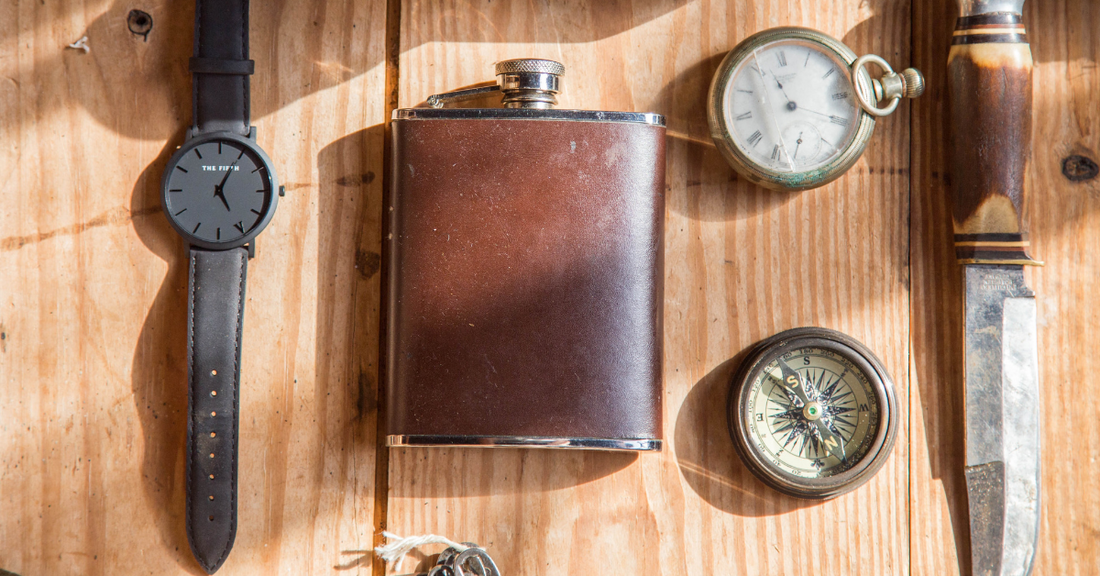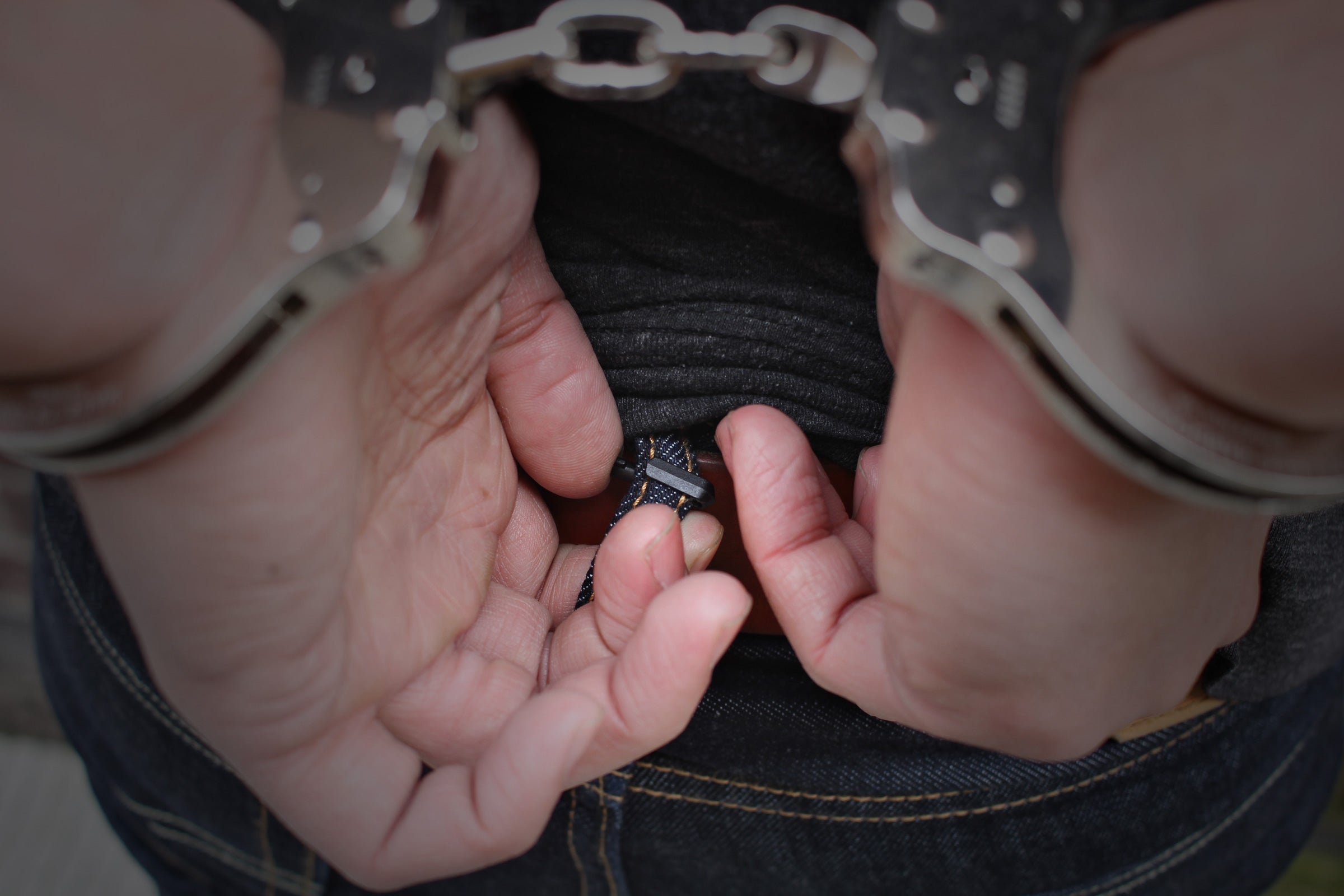Blog
What is a Trip Wire and How Do You Use It?
What the COVID-19 Pandemic Teaches Us About Being Prepared
What are my rights during a state of emergency?
Why did a pandemic result in almost 2 million gun sales?
Is your internet connection secure? Why you need a VPN
The most basic survival need (can you guess what it is?)
You Should Be Carrying a Lockpick Set. Here's Why.
Can You Shoot Open a Pair of Handcuffs?
When Disaster Strikes, You Only Need 6 Things
Think Your Hotel Room is Secure? Think Again.
Do You Ever Travel? You're Going To Want To See This.
Could You Escape Handcuffs With Nothing But a Hair Pin?




